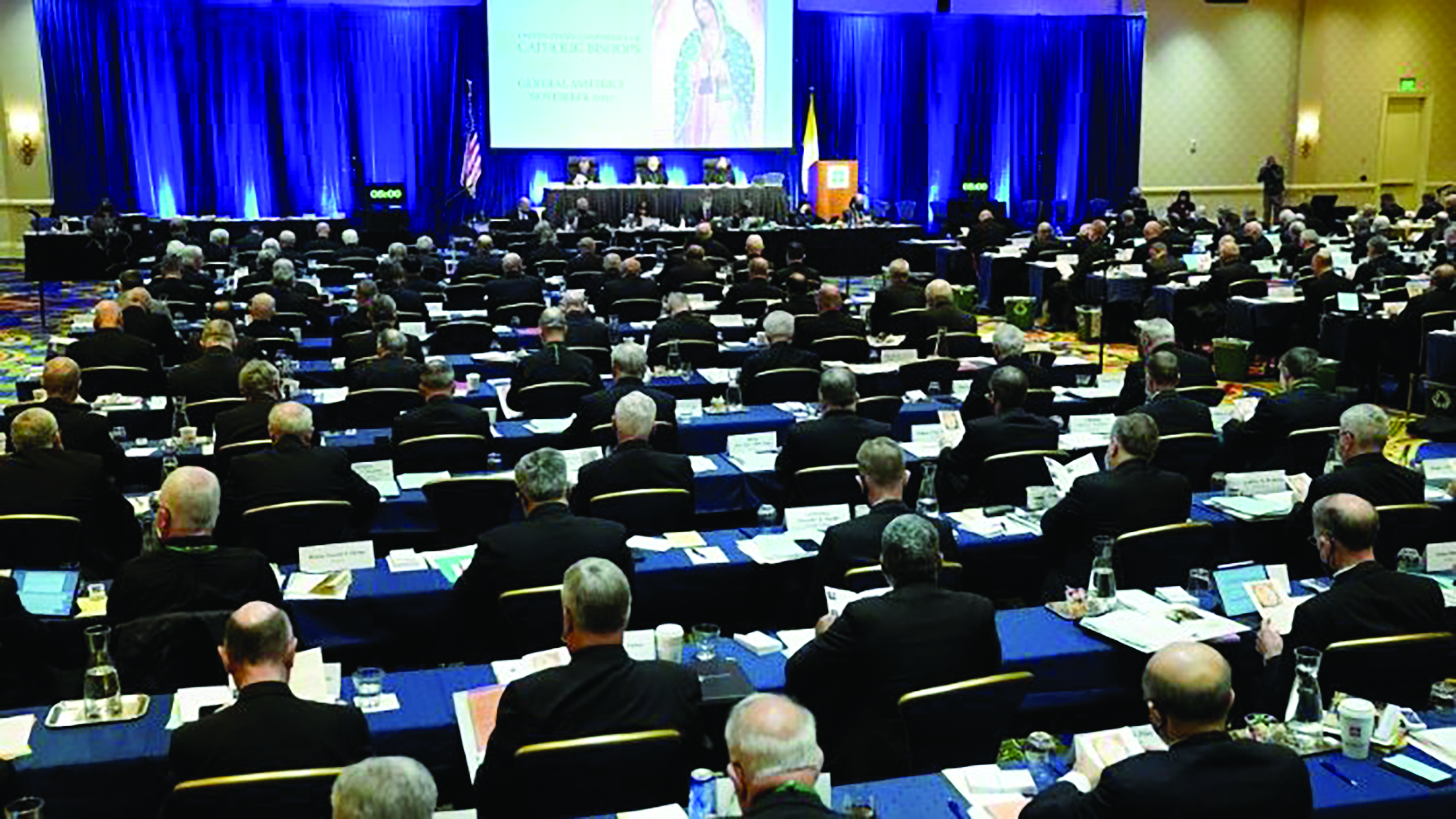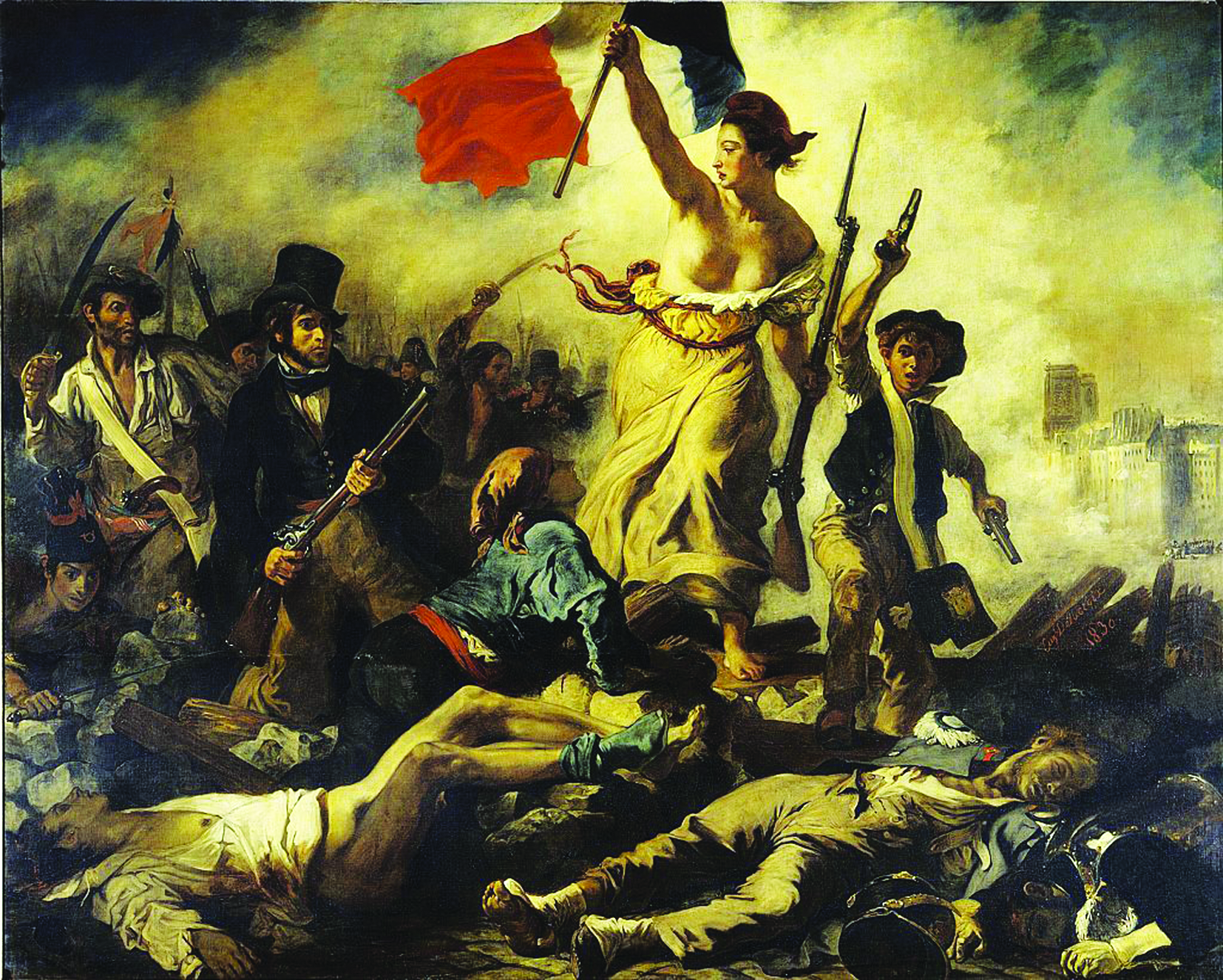The Pope also warns members of a movement against embracing a “brand-name spirituality” that excludes others. In his talks, the Pope clarified how he sees conversion and Christian faith.
Pope Francis in the first days of March received thousands of members of three of the most important “ecclesial movements” active today: Focolare, the Neocatechumenate, and Communion and Liberation.
In meetings and Masses on March 7 and 8, the Pope repeatedly returned to the theme of the Church as an agent of God’s mercy and to the benefits of retåurning to confession during Lent.
Marking the 60th anniversary of the founding of the Communion and Liberation lay movement, Pope Francis met March 7 with more than 80,000 CL members who filled St. Peter’s Square and the boulevard leading to it.
Belonging to a Catholic movement or any other Church group is supposed to help Catholics live a Christian life and reach out to others, he said. If instead it becomes a “brand-name spirituality” and an identity that excludes others, it is just another organization. “Focused on Christ and the Gospel, you can be the arms, hands, feet, mind and heart of a Church that goes out,” Francis said. “The path of the Church is to go out in search of those far off in the peripheries, to serve Jesus in every person who is marginalized, abandoned, without faith, disillusioned with the Church or a prisoner of their own selfishness.”
The only way to share the faith with others is to have first experienced the grace of God’s mercy, he told the crowd.
“Only one who has been caressed by the tenderness of mercy truly knows the Lord,” he said.
When one has sinned and experienced God’s forgiveness, he said, he or she is filled with the desire to change and to live differently. “The Christian moral life is not a titanic self-willed effort by a person who decides to be consistent and is able to do so after some kind of solidarity challenge.”
Instead, Pope Francis said, living a moral life is the ongoing response to “a surprising, unpredictable mercy — a mercy that is, in fact, ‘unjust’ according to human terms — from the God who knows me, knows my betrayals and yet loves me anyway, prizes me, embraces me, calls me again, hopes in me and waits for me.”
The mission of the Church is to be a sacrament of that mercy in the world, he said. The path of the Church is “to demonstrate the great mercy of God.”
Pope Francis reminded the Communion and Liberation members that he had told new cardinals in February, “The way of the Church is not to condemn anyone for eternity,” but “to pour out God’s mercy on all those who ask for it with a sincere heart.”
In his Angelus address at the Vatican on March 8 and during his homily at a Mass that evening at Rome’s Church of St. Mary, Mother of the Redeemer, the Pope returned to the theme of mercy.
At both events, he used the Gospel story of Jesus driving the moneychangers out of the temple as a call to Catholics to allow Jesus to cleanse their hearts, especially during Lent and particularly through the sacrament of penance. People should ask themselves: “Would I allow Jesus to do a bit of cleansing in my heart?” he said at the Angelus. The Gospel story demonstrating Jesus’ anger could make people afraid, he said, “but Jesus will never beat you; Jesus cleanses with tenderness. Mercy is his way of cleansing.”
Focolare
Focolare was founded during World War II by the Italian laywoman Chiara Lubich. It is committed to the ideal of “unity” among Christians, but also with the various non-Christian religions. Today it has more than 100,000 followers in 194 countries.
On March 4, a Wednesday, Francis held an audience with 60 bishops from 35 countries who are “friends” of the Focolare Movement. They met in Rome on the theme of the Eucharist, and Francis reminded them that the presence of Christ in the sacrament of Communion, not their own personalities or agenda, is the heart of the matter.
“The bishop is the principle of unity in the Church, but this doesn’t happen without the Eucharist,” Francis said. “The bishop doesn’t gather people around his own persona, or his own ideas, but around Christ, who is present in the Word and in the sacrament of his own flesh and blood.”
Speaking to the Focolare generally, the pontiff said he wanted to “encourage you to carry forward your commitment in favor of the ecumenical path and interreligious dialogue,” and also thanked the Focolare for “the contribution you’ve made to greater communion among the various ecclesial movements.”
The Neocatechumenate

Historic photos of Don Giussani and Chiara Lubich meeting St. Pope John Paul II on May 30, 1998, on a day held to celebrate Church movements.
On March 6, a Friday, Francis met with members of the Neocatechumenal Way, a program of Christian formation begun in Spain in 1964 by two Catholic laypeople, Kiko Argüello and Carmen Hernández.
It is known for its intense Spanish spirituality and for having a profound missionary drive. It has been criticized by some Catholic liberals for its deep loyalty to the Pope, but also by some conservatives for its special liturgical traditions.
Among members, the movement is often known simply as “the Way.”
As has become his custom, the pontiff urged the Neocatechumenate to reach out to the peripheries of the world. “How much solitude, how much suffering, how much distance from God is in all the peripheries of Europe and America, and in so many cities of Asia!” he said. “How much need the human person has today, in every latitude, to hear that God loves him, and that love is possible!”
Francis then heaped praise upon the movement.
“The Neocatechumenal Way is a ‘true gift of providence to the Church of our times,’ as my predecessors affirmed,” Francis said.
“To see all this is a consolation,” he added, “because it confirms the Spirit of God is alive and working in his Church, even today, and he’s responding to the needs of the modern person.”
Communion and Liberation
Then, on March 7, a Saturday, Pope Francis met with more than 80,000 members of Communion and Liberation from 47 countries. They had gathered in Rome to mark the 10th anniversary of the death in 2005 of their founder, Italian Rev. Luigi Giussani, and the 60th anniversary of the launch of the movement in 1954.
The ciellini, as members are called, draw on the works of Giussani to offer a vision of “Christian education” rooted in a “personal and immediate encounter” with Christ.
CL’s historical base is in Milan, where it was sometimes seen as an alternative to the dominant center-left Catholic ethos projected by Cardinals Carlo Maria Martini and Dionigi Tettamanzi.
CL has a less polemical political profile elsewhere. In Brazil, for instance, 50,000 members of the progressive Sin Tierra (“Without Land”) movement, which advocates for landless workers, requested to be admitted in 2008.
Communion and Liberation brought friends from other faiths with them to the encounter with the Pope, including the former Archbishop of Canterbury, Rowan Williams, as well as representatives of the Orthodox and Muslim traditions.
Once again, Francis was effusive in his praise. Giussani’s thought, he said, is “profoundly human and reaches into the deepest yearnings of the human person.” He added that reading Giussani’s books and articles did much good “for me and for my priestly life.”
Francis joined Pope Benedict XVI in referring to Communion and Liberation as “an impulse derived from the Holy Spirit.”
And so, this allegedly “liberal” Pope spent a great deal of “quality time” this March with three supposedly “conservative” movements — something that Francis-watchers are noting with interest.
Francis is a missionary and pastor. He is favorable, not to “conservatives” but to those who seek to “go out” as missionaries in their own walks of life — getting “out of the sacristy and into the street,” to use a classic Francis expression.
For this reason, what Francis did and said in early March merits close attention.











Facebook Comments